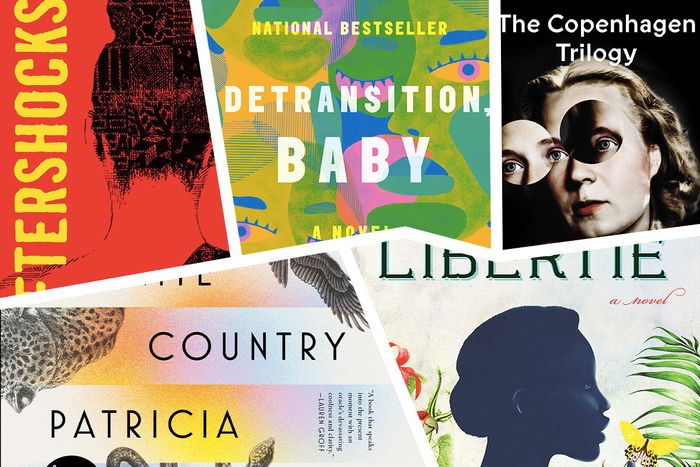
The book business has hurried back up to its normal speed after 2020’s hitches, and the slate for 2021 — of fiction and nonfiction alike — is bursting with vibrancy and verve. These are the best books of the year (so far), and if the advance review copies are any indication, there will be plentiful additions throughout spring, summer, and onward.
All books are listed chronologically by U.S. debut.
Technically, Ditlevsen’s memoirs first appeared in Danish in the late 1960s and early ’70s — three short, vibrant forays into the author’s young life in pre- to post-World War II Denmark, where she scrapped for secretarial jobs, fell in with touchy older mentors, and eventually rose to prominence. The trilogy’s publication this year in English (in one convenient volume) sparked a Tove craze. The author is candid about everything from botched abortions to the stultifying nature of life under Nazi rule. An edgier A Tree Grows in Brooklyn, The Copenhagen Trilogy is a discomfiting charmer that avoids the worst pitfall of the genre by refusing to turn into a redemption tale.
In a recent chat for the 92nd Street Y, Ishiguro claimed that his work is growing more cheerful as he ages. That’s a hard comment to square with Klara and the Sun, which follows Artificial Friend “AF” Klara — a partially self-aware, sensitive humanoid robot — from her time in a shop, waiting to be bought, to the years she spends beside Josie, the sickly teenage girl who befriends her, buys her, and takes her home. Set in a slightly altered America, where automation has made humans redundant in their jobs and genetic fiddling has intellectually “lifted” some children, Ishiguro wades even deeper into sci-fi territory than Never Let Me Go, but asks similar questions about technology and the body, and whether self-awareness is the defining feature of humanity. His placid prose is as cooling and seductive as always — that is, until the ghastly twist. Cheerful? That depends on how grim the world looks to you today.
Cue the “Everyone was talking about this” jokes. Lockwood’s debut novel — about a nameless protagonist simultaneously energized and depleted by “the portal,” i.e., Twitter — landed like a flower bomb, spraying the online literary landscape with little seeds to be tended, nurtured, and occasionally ripped out root and stem. It so fully encapsulates what it feels like to be held captive by the hilarious and horrible banalities of social media that critics and readers have eaten it up as a manifesto for our digital times. But what most reviewers left out is that in the novel’s second half, when Lockwood steps away from the internet and toward her narrator’s personal family tragedy, No One Is Talking About This transcends from clever to astounding.
The bloody pyrotechnics of pro-life organizations in the early ’90s, country-club drunks and their cruel domestic antics, the pre-internet teen scene in Buffalo: Jessica Winter’s sophomore novel is Franzen-esque in its broad sweep of a Rust Belt family coming down off the highs of mid-century American capitalism. (I say that as a huge compliment.) Winter starts with Jane Brennan’s accidental pregnancy in the late 1970s, then works through her tempestuous relationship with her shotgun husband and the push-and-pull dynamic with her eldest daughter Lauren, and finally into the utter displacement the Brennan family undergoes when Jane brings home Mirela, one of hundreds of thousands of “Ceausescu’s children” — Romanian children abandoned in orphanages in poor living conditions. Like Graham Greene before her, Winter is fascinated by the Catholic draw to suffering — Jane’s as a beleaguered mother, Lauren’s as a misunderstood young woman, and Mirela’s as a nearly feral outsider — and she manages to elegantly and movingly write a novel about faith that doesn’t proselytize or condemn.
Greenidge debuted with a bang in 2016 with her novel We Love You, Charlie Freeman, about a Black family who agrees to participate in a psychological study more nefarious than it first seems. Libertie is a tamer work, though no less forceful and imaginative. Libertie is the dark-skinned, free-born daughter of a light-skinned doctor mother in Civil War–era Brooklyn. The story begins when an enslaved man named Ben Daisy is delivered to them in a coffin — alive. From there, Greenidge charts Libertie’s development from college student to young wife, and then stranger among family in Haiti, wondering where she belongs and whether she belongs to someone. Every bit of Libertie is rich and vibrant, offering the best of what historical fiction can do.
America isn’t paradise, one of Engel’s characters thinks to herself in this tale of a cleaved immigrant family. Co-workers murder each other with semi-automatics, kids blow each other’s brains out at school. And violence isn’t held at bay by ICE; in fact, it’s often perpetuated by the people who fill the agency’s ranks. Infinite Country follows whats happens when one member of an undocumented Colombian family is deported. Engel writes beyond mere frustration or sadness or economic hardship — and she brings individuality to a story too often told in statistics and two-minute news reports.
Reading this novel is like holding a live wire in your hand. The first novel by a trans woman to be nominated for the Women’s Prize for Fiction, it follows a triangle of people — Reese, a trans woman desperate to be a mother; her ex Ames (formerly Amy), who detransitioned and is living as a man again; and Ames’s boss Katrina, who is pregnant with his child and unsure about the prospect. But there is so much more than that — Detransition, Baby is populated like a Dickens village of the queer community, with married HIV-positive cowboys and IVF-entangled trans couples. Most refreshingly, it isn’t out to prove that a trans love triangle can move copies just as affectively as cis ones do; there’s no mimicry here. It is what it is, an eyes-wide-open escapade.
In this culinary history/cultural criticism/memoir mash-up, the cookbook author and essayist chooses a different “difficult” fruit for every letter of the alphabet — things like authentic maraschino cherries made with poisonous bitter almond juice, little-known thimbleberry, inedible Osage orange. Some entries are almost entirely personal histories, but most move around more freely — like a chapter on juniper berries’ unwritten history as an abortifacient, or the story of the eugenicist horticulturist who domesticated blackberries for the masses. Through it all, you can connect the dots on humanity’s history of turning fruits into magical entities capable of tightening our skin, supercharging our diets, and making sense of evil in the world.
Nadia Owusu’s young life was splintered into dozens of little pieces — her Armenian American mother left the family, her sometimes cruel stepmother joined it, and she moved between continents for her father’s work for the United Nations. Her memoir Aftershocks, structured as a series of reverberations, doesn’t assemble those bits together. “I have written for meaning rather than order,” she explains. She whisks together the fractured history of her father’s homeland of Ghana and her own privileged bubble inside sometimes bomb-strewn locales, then teaches herself to reread her own childhood history, to see beyond the story she has always told herself of who she is.
Cornflower blue, Simpsons-esque skies may be a thing of the past if the environmental scientists get their way. In Under a White Sky, the Pulitzer-winning Kolbert examines — in terrifying detail — the measures researchers and climatologists have already taken (like electrifying the waters of the Chicago River so invasive Asian carp can’t make their way to other tributaries) or are considering (filling the atmosphere with light-reflecting particles to form a sunshield and, in turn, a powdery firmament) to reverse-engineer the ecological mess humanity has gotten itself into. This is definitely an “It’s Time to Worry” book, but it’s also a wise rumination on hubris — how factories and engines and our desire for Progress set a ticking time bomb on our planet, and how mankind now thinks it can mastermind a way to cut the fuse.
Forgive me for screaming, but In the Quick is Jane Eyre IN SPACE! The idea sounds unhinged, but its execution is so fresh and so understanding of Brontë and genre fiction that it all comes together in a wild Ad Astra meets Prep mash-up. In a not-so-distant America, orphaned young June Reed is sent to study at the space program her brilliant uncle founded after his early death. At the same time, a crew he sent deep into the solar system suddenly goes quiet. As June endures a punishing regimen of robotic sciences, physical fitness, and team-building exercises, she quietly works on the problem of where the crew might be and how best to save them. An entirely fun adventure.
More From This Series
"best" - Google News
April 16, 2021 at 10:50PM
https://ift.tt/2QpVKOd
The Best Books of the Year (So Far) - Vulture
"best" - Google News
https://ift.tt/34IFv0S
Bagikan Berita Ini
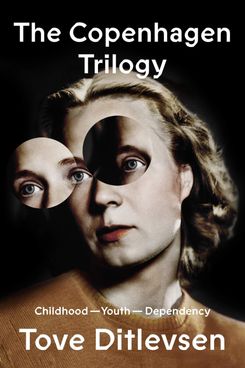
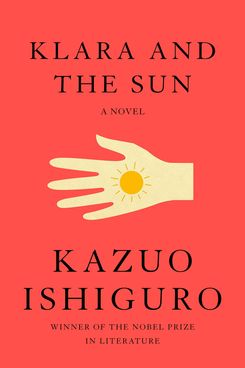
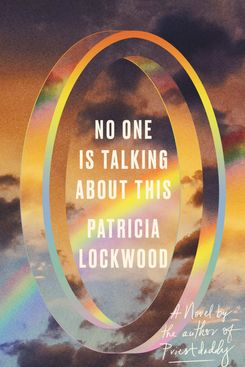
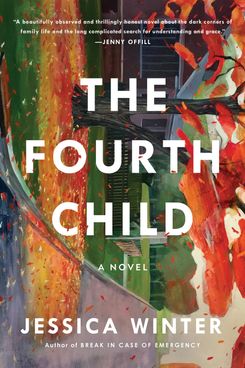
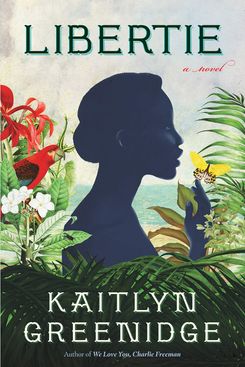
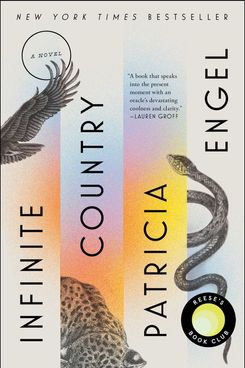
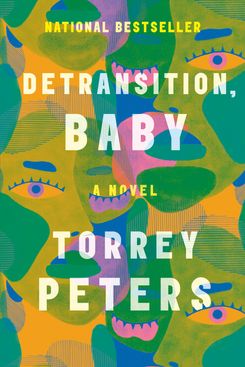
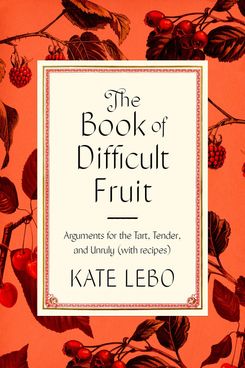
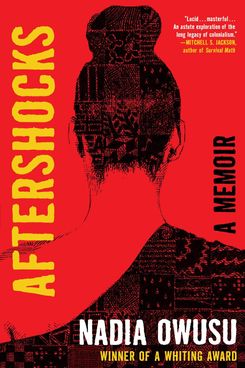
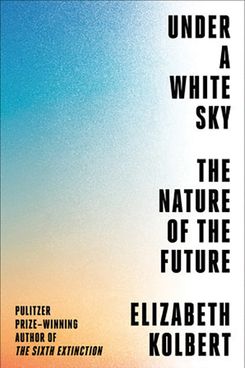
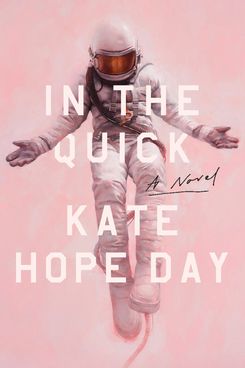














0 Response to "The Best Books of the Year (So Far) - Vulture"
Post a Comment